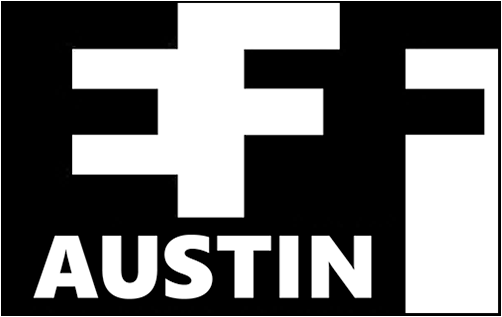The “Access Broadband Act” aims to expand broadband internet accessibility by establishing the “Office of Internet Connectivity and Growth”.
The office would “connect with communities that need access to high-speed internet and improved digital inclusion efforts through various forms of outreach,” as well as share training, strategies and other guidance to propagate the adaptation of and access to broadband internet. It would function as part of the National Telecommunications and Information Administration, whose duties include “advising the President on telecommunications and information policy issues,” “administering grant programs that further the deployment and use of broadband and other technologies in America,” and “developing policy on issues related to the Internet economy, including online privacy, copyright protection, cybersecurity, and the global free flow of information online.”
Another function of the office would be to more easily streamline the financial assistance application process for entities and organizations proposing projects that would promote and make broadband internet more accessible to a variety of communities. This would be accomplished by establishing a universal application for all entities to use. The Bill also states that a website would be established for applicants to “learn about and apply for support through any Federal broadband support program.”
Fully titled the “Advancing Critical Connectivity Expands Service, Small Business Resources, Opportunities, Access, and Data Based on Assessed Need and Demand Act,” one could question if it would cater more to businesses or work toward providing equal access among all demographics to the internet.
The NITA provides millions of dollars in grants to a wide variety of projects across the country, ranging from state and data development to infrastructure and sustainable adaptation. Many projects allegedly benefiting Texas communities have received funding from the NITA designed to make internet accessible to otherwise shorthanded communities.
The Mission Economic Development Agency was awarded $3,724,128 for the Latino Microprise Tech Net, which opened several computer centers around the country, two of which were located in Texas. According to the NITA website, the centers offered resources for developing and teaching digital literacy, financial education, online banking, resume creation, and job searches.
Technology For All, Inc. was awarded $9,588,279 for its Texas Connects Coalition project. The project currently supports 94 computer centers across Texas. These centers assist low-income communities with the opportunity for basic computer training, social networking, and applying for jobs.
Given the NITA’s record of providing financial support to projects that aim to increase digital inclusion among diverse communities, this bill may be a true benefit to the financially disadvantaged.
The Bill has been received by the Senate and referred to the Committee on Commerce, Science, and Transportation.

